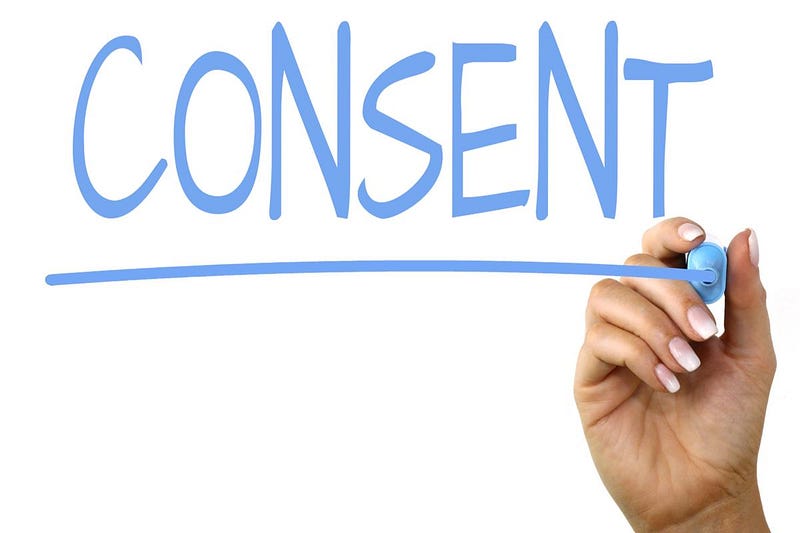
Photo Courtesy of Blue Diamond Gallery
On Sept. 21, 2018, a settlement was reached in the case of
John Doe v. Hamilton College
.
A former student using the pseudonym John Doe filed the complaint on Oct. 30, 2017 against the school. Doe was expected to graduate in May 2017 prior to his expulsion that spring.
In the final weeks of the 2016–17 academic year, four female students accused Doe of sexual assault in separate incidents over the previous three academic years.
The College investigated the allegations, and Doe was suspended. According to the complaint, Doe was “banned from campus, banned from Senior Week activities, denied his status as a graduating senior and prohibited from walking with his class at the upcoming commencement.”
Doe alleged that the school did not give him a fair hearing in its process of investigating and adjudicating the accusations against him. Two of the four alleged victims dropped their allegations after Doe was suspended, and Doe was found not responsible in the case of a third allegation. The College found Doe responsible in connection with the fourth allegation, which occurred in 2014, concluding that the victim was too intoxicated to consent. Doe alleges there was no corroborating evidence to support her story.
Hamilton’s Review Panel originally recommended suspending Doe from Hamilton for five years, but Dean of Students Terry Martinez increased the punishment to expulsion on Sept. 12, 2017. Doe claims that he was discriminated against based on his gender and that Hamilton’s current sexual misconduct policy does not give due process to male students accused of sexual misconduct. According to the complaint: “Given the evidence (or lack thereof), the only possible way [the defendants] could have reached [the decision to expel Doe] was a bias against males and an underlying motive to protect Hamilton’s reputation and financial wellbeing.”
Doe alleged that he experienced significant emotional damage as a result of the sanction and that the decision to expel him weeks before graduation has limited his ability to secure a degree and his future employment prospects.
In seeking to resolve the case without a trial, the parties entered into mediation. After a mediation session on June 28, 2018, the College and the plaintiff began to negotiate a settlement. That agreement was finalized in September, and the court dismissed the lawsuit on Sept. 21, 2018. The details of the settlement are confidential and remain under seal.
Cases like Doe’s have cropped up across the country in recent years as male students have used Title IX protections to defend themselves against allegations of sexual assault. In September, the United States Court of Appeals for the Sixth Circuit ruled that universities must allow students accused of sexual misconduct to directly question their accusers. New rules proposed by the Trump administration would hold victims to a higher standard of proof.
Dean Martinez did not comment on the specifics of the case.
In response to questions about whether or not the complaint or the settlement prompted the College to review any of its policies and procedures in investigating future allegations, Martinez said, “We continuously monitor developments in the law and best practices in the field to ensure our policies remain current.”
